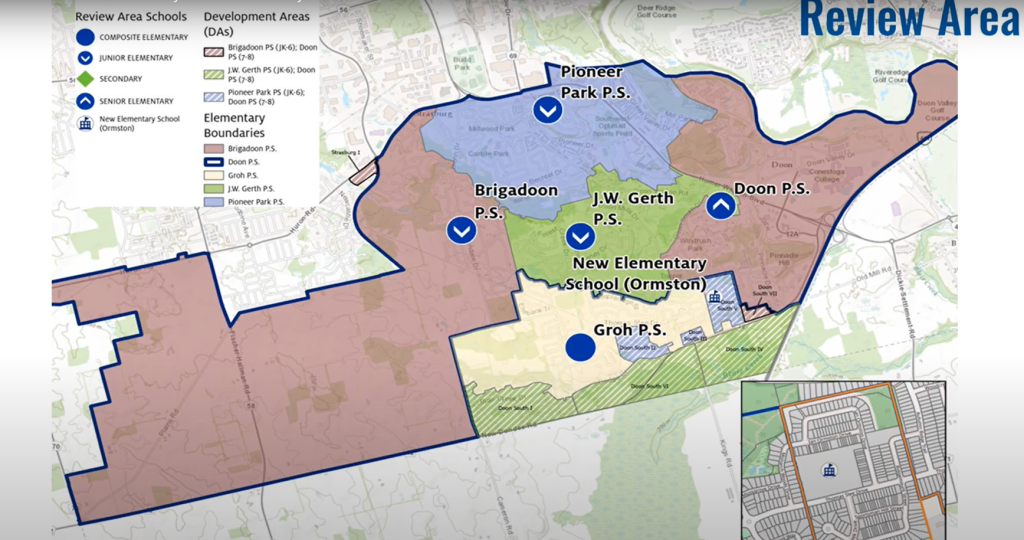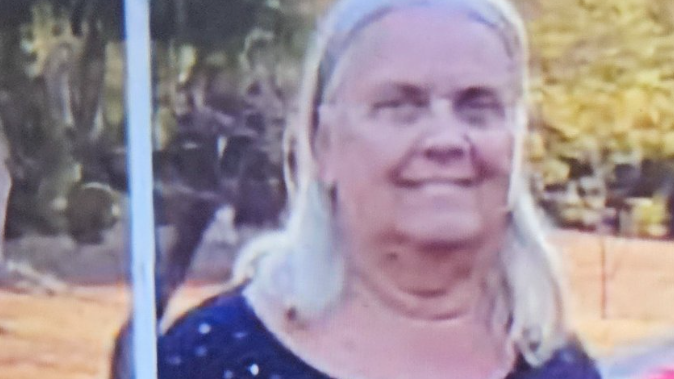Laurier professor says severity of recent hurricanes linked to climate change
Posted Sep 23, 2017 08:06:56 AM.
Last Updated Sep 23, 2017 11:04:28 AM.
This article is more than 5 years old.
Hurricane Harvey, Irma, Maria and Jose — yes, 2017 saw one of the worst summers when it comes to major natural disasters.
Simon Dalby is a Laurier Professor and CIGI Chair in the Political Economy of Climate Change.
Dalby says he has no doubt that climate change is affecting the severity and frequency of these hurricanes.
“What we’re seeing this summer is warmer water, and when you get warmer water with a hurricane tracking over it, that’s what gives it the energy to build up to the Category 5 hurricanes that we’ve been seeing recently,” he says. “So climate change doesn’t cause the hurricanes, but it’s certainly made these ones this summer more severe.”
Dalby adds that as the effects of climate change become more and more evident, global governments need to do a lot more.
“We’ve got to think both about how we get serious about responding to these disasters and getting people prepared, but the key to all of this is ramping up the response that Paris suggested,” says Dalby. “We need to get serious about reducing the amount of carbon fuels that we’re burning, and get serious about building an economy that doesn’t require fossil fuels.’
Dalby adds, although we don’t see hurricanes here in Ontario, we are particularly susceptible to power outages.
“As extreme weather becomes more extreme, and events like this become bigger and more frequent, we are all in this together,” Dalby says. “We may not get hurricanes in Ontario or Canada, but we have seen ice storms, flooding and wildfires. We have to pay a lot more attention to how we plan our cities, manage our forests, to hopefully prevent major events from spreading in the future.”
So far this year, there have been seven hurricanes and four were above a Category 3.
At least 73 people died from Hurricane Irma in the U.S. and Caribbean, and over 30 people were killed by the more recent Hurricane Maria.










